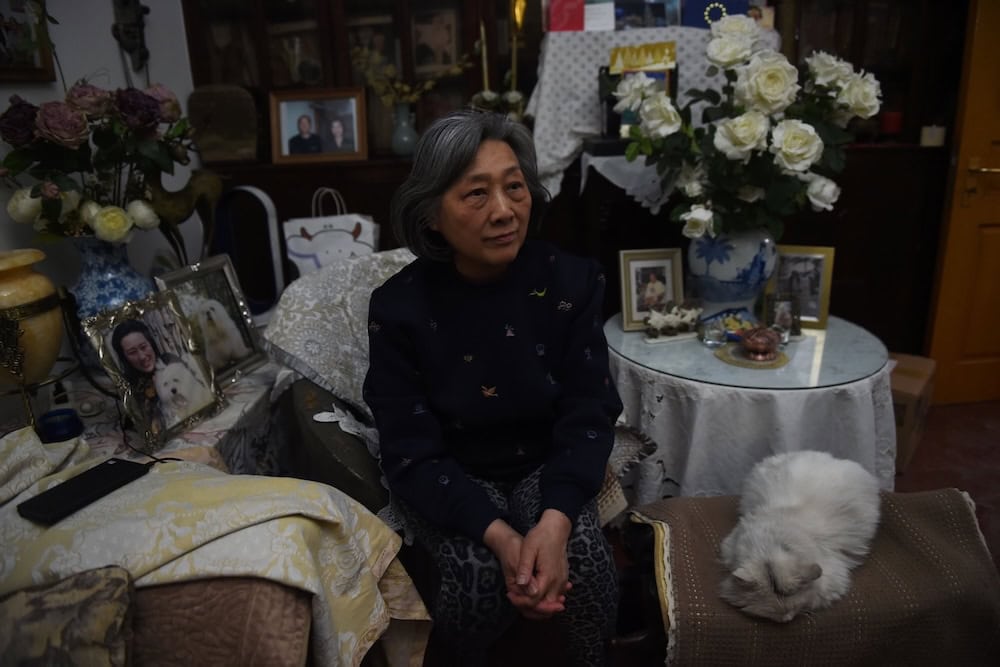Gao Yu told CPJ that she must go to a friend's house or a restaurant to access the internet.
This statement was originally published on cpj.org on 28 August 2024.
Beijing authorities shut down independent journalist Gao Yu’s internet, landline, and cellular connection on Monday, August 26, after she published a Sunday article analyzing an Al Jazeera interview with Victor Gao, vice president of the Chinese think tank Center for China and Globalization.
“Chinese authorities must restore journalist Gao Yu’s internet connection and phone services and stop harassing her with physical and digital surveillance,” said Iris Hsu, CPJ’s China representative. “Beijing’s excessive need to control dissent is a reflection of its cowardice and fear of critical reporting.”
Authorities have asked Gao to shut down her account on the social platform X for years, she told CPJ, adding that she believes that her posts, including ones sharing her articles, are the reason for turning off her internet and phone access. Gao told CPJ that she must go to a friend’s house or a restaurant to access the internet.
Beijing police also asked Gao to leave the capital from August 29 to September 9 while the Forum on China-Africa Cooperation, a state-level economic conference between African countries and China, took place. Gao said that after she refused, the police told her that they would take turns guarding her house to ensure she wouldn’t leave. This is a common practice against dissidents in China.
CPJ’s email requesting comment from the Ministry of Foreign Affairs and a message sent via the webpage after office hours to the Government of Beijing Municipality did not immediately receive any responses.
Authorities sentenced Gao to six years in 1994 for “leaking state secrets;” she was released in 1999 on medical parole after serving part of the sentence. Gao was sentenced to seven years in 2015 on the same charge. The sentence was later reduced to five years, which Gao served outside of prison due to her deteriorating health.



